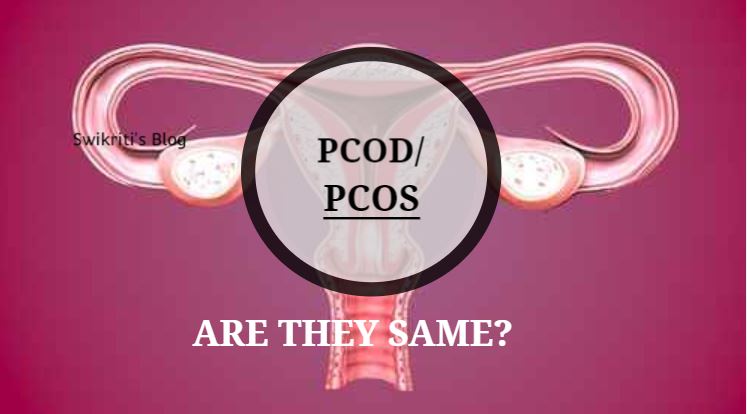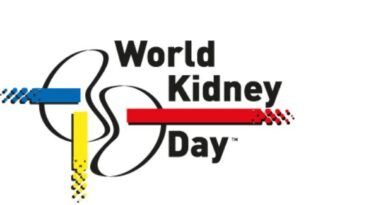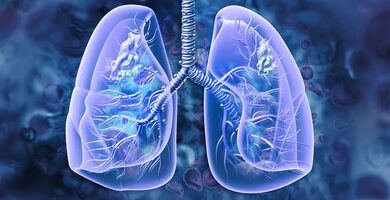PCOD Polycystic Ovary Disease and PCOS Polycystic Ovary symptoms
ARE THEY SAME? Many women often get mistaken on both.
PCOD and PCOS they are different condition. while both the condition are related to ovaries and both cause hormonal imbalance and, there are many significant differences as well. As we know these are the disturbances in a female body which makes period abnormal. One of my friends lately was diagnosed by PCOD when she missed periods and immediately went to the doctor. she was then asked to take the pregnancy test as she was married, sure enough, with negative the doctor gave her few tablets on the immediate basis and the menus arrived, she also discovered that it started in delay with a month than two then four and now six, At a time it is scary but she was suggested by doctors to be on a regular diet and weight loss programs.
Even I was diagnosed but with little help, I am on the track. PCOD It is a hormonal disorder that affects one in 10 women. It happens when an individual has a small number of cysts in the ovaries also ovarian syndrome, is a health problem by an imbalance of reproductive hormones these conditions fall to diabetes, infertility, acne, and excessive hair growth. Normally, the ovaries make the egg that is released each month as part of a healthy menstrual cycle, but this PCOD is a disorder that clearly is an irregular routine of a female’s body. PCOD patients are overweight and are advised to exercise regularly, which can further help to control the symptoms but most females have a completely normal body type.
There is no permanent diet for PCOD but there is a suggestion for a good nutritional diet suggested for few women which have reported remarkable improvement lately. PCOS is one of the most common causes of female infertility. Many women discover they have PCOS when they’re trying to get pregnant and are unsuccessful. During each menstrual cycle, the ovaries release an egg into the uterus (womb). This process is called ovulation and usually occurs once a month. But women with PCOS often fail to ovulate infrequently, which means they have irregular or absent periods and find it difficult to get pregnant.
PCOD: It is a condition in which ovaries contain many immature or partially mature eggs, eventually turn’s into a cyst. These ovaries usually become enlarged in this problem and secrete large amounts of androgens that cause havoc with the women’s fertility and her body. Side effects-irregular periods -difficulty getting pregnant (because of irregular ovulation or failure to ovulate)-excessive hair growth, stress, eating junk food-weight gain.-thinning hair and hair loss from the head -oily skin or acne. Solution: change in lifestyles like weight loss, exercise, and certain medical help
PCOS: It is a metabolic disorder that is more severe than PCOD. In this condition, the ovaries produce a higher quantity and it leads to the formation of more than ten follicular cysts in the ovary every month. This stops the release the egg leading to an ovulation.-More serious, metabolic disorder -Fertility issue along with the risk of diabetes, obesity etc-Irregular ovulation, mild to severe hormonal imbalance -Can have trouble in conceiving Solution: strict lifestyle modifications, serious medical help.
How they are different.-
PCOD is a disease can be cured with a good diet and exercise, PCOS is a more serious condition and a metabolic disorder.
-PCODis common, PCOS is off fewer numbers
-PCOD doesn’t have significant fertility issues with a little help that can be conceived successfully, with PCOS struggle in infertility and high rates of miscarriages.
-PCOD can still ovulate regularly, PCOS do not because of severe hormonal imbalance that disturbs the process of ovulation.
In both cases, loss of weight, eating healthy and keeping yourself away from junk food and regular exercise shows nice improvements. It’s better to catch the diseases before it catches and damages lifestyle if you have any disease you need to get yourself checked.
Author- Neerja Biwalkar





Nice blog..good information,keep going ?